What would a Labour government do for you?
- Published
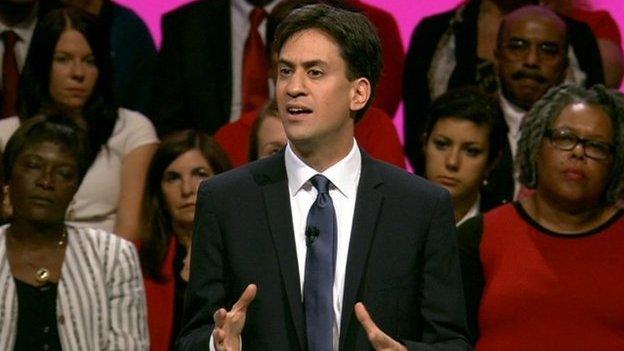
The next general election will take place in just under eight months. So, what did we learn about Labour's policies at the party's annual conference this week?
If there is one thing Labour wants voters to remember, it's plans for the NHS...
It promised an extra £2.5bn to recruit more staff.
The money will come from three sources - a new "mansion" tax, clamping down on tax avoidance by big corporations and a new tax on tobacco companies.
Labour has also said patients in England would get an appointment within 48 hours.

If there is one thing voters tend to remember, it's policies on tax...
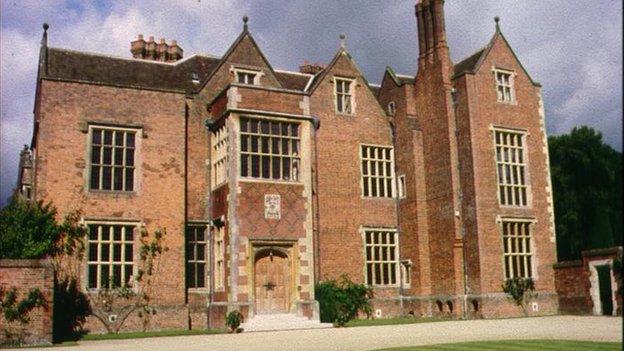
Chequers, the PM's country residence - worth over £2m
Labour would tax people who own properties worth over £2m. It estimates that the "mansion tax" will bring in £1.2bn, although we've yet to be told how the tax would work.
It didn't get much of a mention at conference but Labour also restated its promise to reintroduce a 50p rate of income tax for earnings over £150,000.
And a symbolic (rather than deficit slashing) announcement - Labour would bring in a 5% pay cut for every government minister. For the prime minister, that's a loss of just over £7,000 a year.

There was a promise of more money for the low-paid...
There would be an increase in the minimum wage from £6.50-an-hour to £8-an-hour by 2020.
Zero hours contracts would also be banned.
Announced last year, Labour would also reintroduce the 10p rate of tax. (That was originally going to be funded by the mansion tax.)

Welfare spending to remain tight...
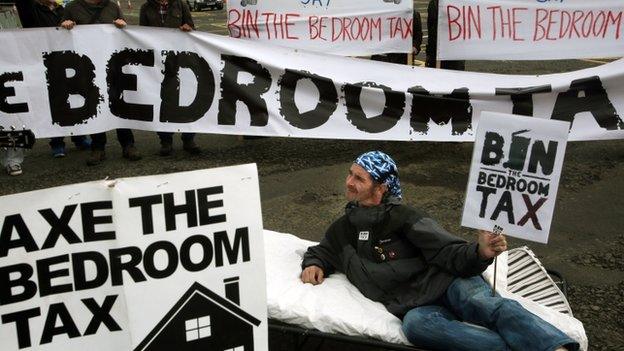
There have been protests about changes to housing benefit.
Rises in child benefit would be capped at 1% for the first two years of the next parliament.
Winter fuel allowance would be withdrawn from the wealthiest pensioners.
But Labour would get rid of what it calls the "bedroom tax" - the coalition's policy to cut housing benefit for people deemed to have a home bigger than they need, which it calls the spare room subsidy.

Labour continues to talk about the "cost of living crisis"...
Labour's remedies include forcing water companies to help customers struggling to pay their bills and a 20-month price freeze on energy. There would also be one million interest-free loans to help people insulate their homes.
Rail fares would be capped and for private renters there would be a cap on rent increases.
There would be more homes too, with Labour planning to build 200,000 houses a year by 2020.

What about business?
Previous years have seen Ed Miliband targeting business in his speech with attacks on predatory "asset-stripping" companies.
We're yet to see how this might reflect itself in precise policy terms. What we do now know is that Labour would scrap a cut in corporation tax for big business in order to reduce business rates for small firms.

Immigration is top, or near the top, of the list of issues for voters...
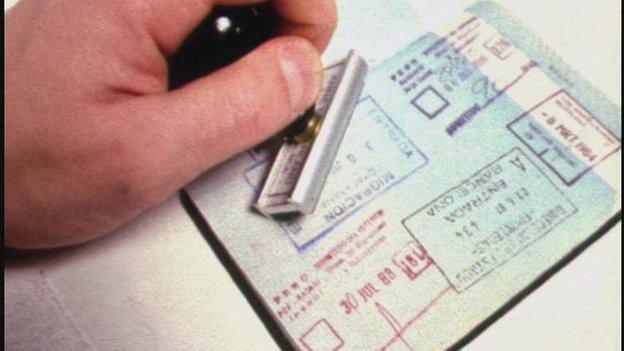
Labour promises to count people in and out
This is one area where a host of Labour figures are happy to say the Blair/Brown government got it wrong. But they say, instead of an "arms race of rhetoric", they will offer practical policies that help.
They include "stronger" border controls to tackle illegal immigration with "proper" entry and exit checks.
Labour says there would be "smarter" targets to reduce low-skilled migration but ensure university students and high-skilled workers are not put off.
And employment agencies who only recruit abroad will be outlawed while the fines for employing illegal immigrants will be increased.

What about the kids?
Labour says it will make sure all teachers would have to be qualified.
Parents of primary school children would be guaranteed childcare from 8am to 6pm.
The amount of free childcare for three and four year olds would be increased from 15 to 25 hours a week.
Labour plans that by 2025, as many young people will be leaving school to do an apprenticeship as go to university.

Getting greener
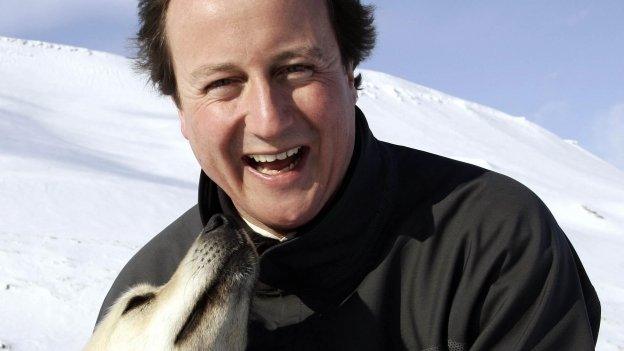
Labour says David Cameron's green days are behind him
Labour, which reckons David Cameron has made the environment "unfashionable", has promised to create one million green jobs - to make Britain a global leader in renewable energy.
It would also create a Green Investment Bank, with powers to borrow money.
Ed Miliband said tackling climate change was important to the economy and an important issue for him personally.

That's it then. Or have we forgotten something...?
Ah yes, it may have slipped Ed Miliband's mind during his speech, but what about the economy? The deficit remains rather large.
Luckily shadow chancellor Ed Balls had covered that ground - Labour promised to get the current budget into surplus and the national debt falling "as soon as possible in the next parliament".
It added that no proposals for new spending would be paid for by additional borrowing.